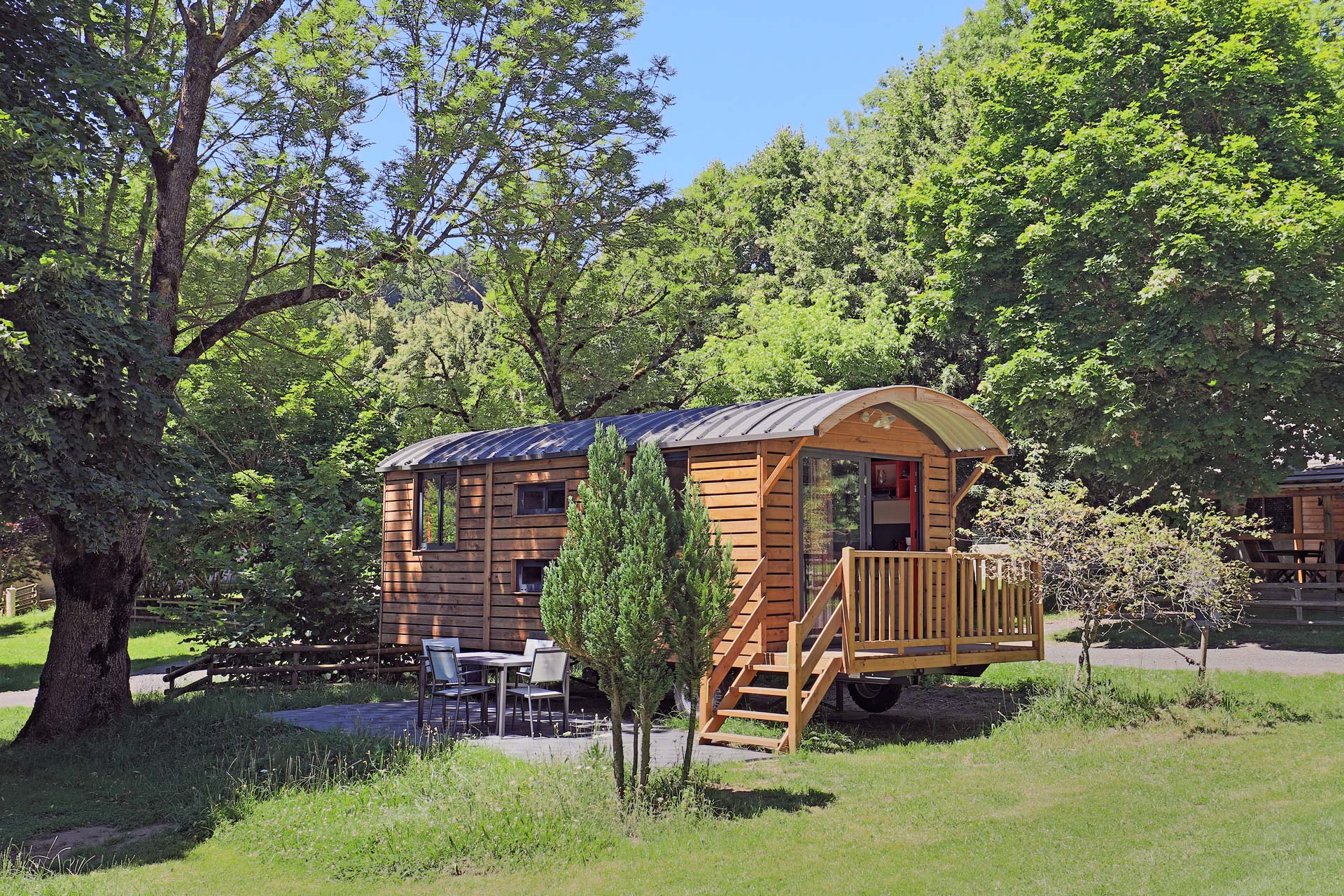Buying Tiny Houses: A Real Competitive Advantage for Your Business
Published on November 18, 2024
With evolving customer expectations for accommodations and the constant quest for unique experiences, integrating tiny houses into your business can be a significant asset. These compact and eco-friendly homes offer more than just alternative lodging; they cater to increasingly popular trends, transforming your accommodations into a memorable and distinctive experience.
Tiny Houses: Offering Diverse Accommodation Options for Your Clients
Offering a tiny house in your establishment means providing a unique and diverse lodging experience. These small homes, often built sustainably and ecologically, attract guests seeking simplicity, nature, and originality. By diversifying your offerings with tiny houses, you can appeal to various market segments: couples looking for romance and disconnection, families seeking a different kind of adventure, or solo travelers longing for tranquility and authenticity.
Additionally, tiny houses can be installed in unique locations, such as lakesides or forest clearings, enhancing the immersive experience for guests. Integrating this type of accommodation also demonstrates a strong commitment to the environment, appealing to eco-conscious customers eager to support sustainable initiatives.
Tiny houses do more than add a lodging option to your catalog—they enrich the overall experience you offer your guests.
The Advantages of Installing Tiny Houses at Your Establishment
- Space and Investment Optimization
With their small size and smart design, tiny houses allow optimal use of available space. Unlike traditional buildings, they require less land and resources, thus reducing construction and maintenance costs. Their small footprint allows them to be placed on otherwise unusable plots, maximizing your property’s potential.
- Attracting and Diversifying Clientele
Tiny houses attract a diverse clientele looking for unique and authentic experiences. They appeal not only to fans of minimalism and ecology but also to travelers seeking novelty and intimacy. By offering this type of accommodation, your business can stand out by providing an alternative to classic hotel rooms, thereby increasing its appeal to different market segments.
- Ecological Commitment and Sustainable Development
The construction and operation of tiny houses often align with an ecological approach. Built with sustainable materials and designed to be energy-efficient, they reduce the carbon footprint of your establishment. Furthermore, integrating solutions such as solar panels, rainwater harvesting systems, and composting toilets strengthens your commitment to sustainable development, drawing in environmentally conscious guests.
- Unique and Memorable Guest Experience
Staying in a tiny house provides an unforgettable lodging experience. Often located in picturesque settings such as by a lake, in the heart of a forest, or on a hill with panoramic views, tiny houses enable guests to reconnect with nature and enjoy moments of tranquility and relaxation. This full immersion in a unique environment creates lasting memories and enhances guest satisfaction.
- Flexibility and Customization
Tiny houses offer great flexibility in terms of design and functionality. You can customize them to reflect your establishment’s style and identity, incorporating modern comforts and unique decorative touches. This ability to personalize helps meet the specific expectations of your clients—be it families, couples, or solo travelers—and adapt the offerings to seasonal or event-based themes, creating a truly tailor-made experience.
In conclusion, integrating tiny houses into your business is not just a trend but a smart strategy to stand out and attract a diverse clientele. These innovative and environmentally friendly homes allow you to maximize space utilization, reduce costs, and offer a unique and memorable experience to your guests. By adopting Hekipia tiny houses, you position your establishment at the forefront of modern and sustainable lodging, thereby enhancing your competitiveness in the market.





